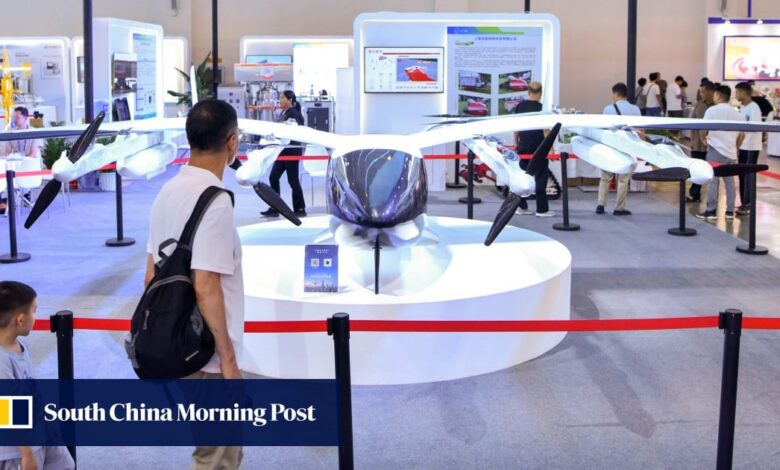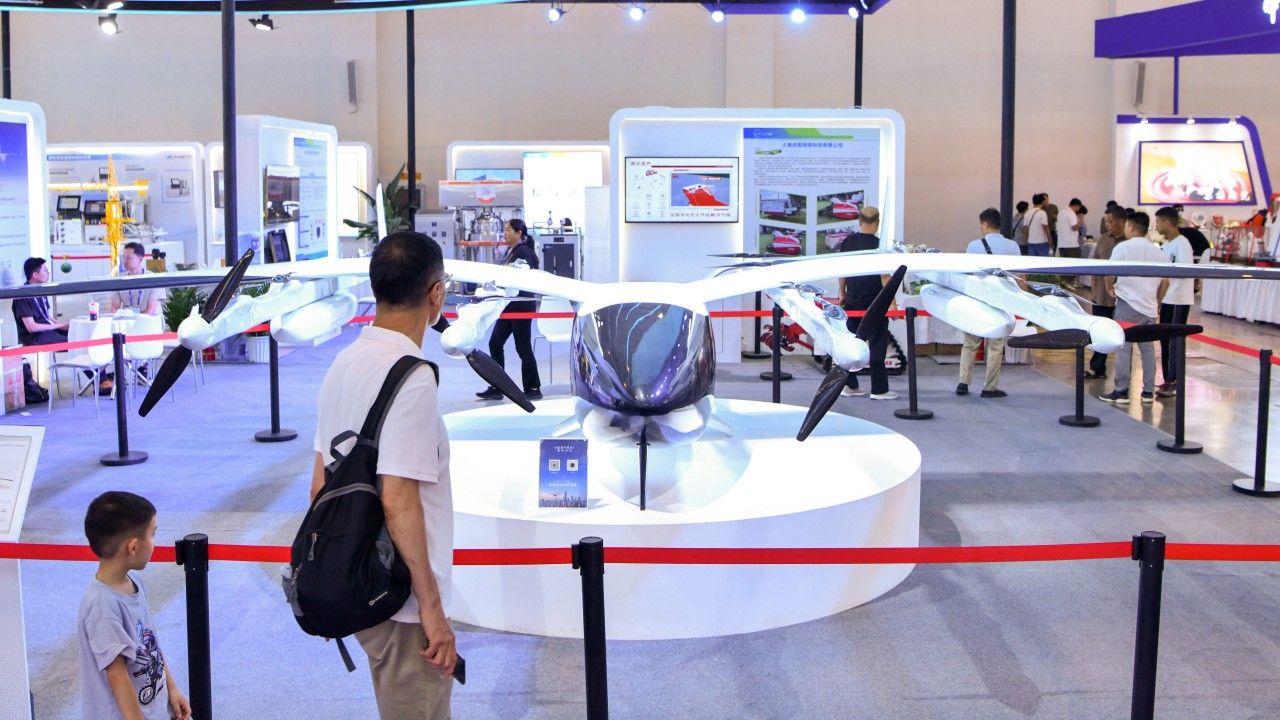Chinese vice-premier lays out road map for industrial policy at ‘unprecedented’ time


China’s government and the market must work together to develop “new quality productive forces” to compete with other major countries, Vice-Premier He Lifeng said.
“Developing new quality productive forces is a long-term task and a systematic project. We need both historical patience and a sense of urgency,” he wrote in an article published by the People’s Daily newspaper on Tuesday.
“We must not only plan systematically and promote it, but also adopt appropriate ways to prevent deviations.”
The vice-premier said scientific and technological innovation had entered into an “unprecedented period of intensive activity” and changes in biotechnology, new materials and new energy would reshape the global landscape and drive competition with other major countries.
We must give full play to the decisive role of the market in resource allocation
He also stressed the government’s role in creating a scientific layout and rules with fiscal and tax support to prevent overcapacity and wasted resources due to repeated construction.
The role of the market, he said, was to foster technological and industrial innovation.
“We must give full play to the decisive role of the market in resource allocation, strengthen the leading role of enterprises in scientific and technological innovation, and enable all types of enterprises to become the main force in developing new quality productive forces,” the vice-premier added.
The actual conditions of different regions and industries must also be assessed to better grasp the new development, He said.
There is not a single model, and participants should not “blindly” follow trends, the vice-premier added.
“Developing new quality productive forces does not mean blindly pursuing innovation and replacing the old with the new,” He said, adding that traditional industries remain integral to the real economy and should not be simply regarded as “outdated” and replaced.
While strategic emerging industries have flourished, accounting for 13 per cent of China’s gross domestic product in 2023 from 7.6 per cent in 2014, He acknowledged that the foundation of key core technologies was weak.
There is also repetition in regional planning, and a lack of talent, He said.
He pledged to maintain an “open innovative ecosystem” and attract “high-quality capital, key resources, advanced technology, top talent” from all over the world.
He added developing “new productive forces” was a response to win the initiative in development, as the United States and other Western countries suppress China and try to decouple and delink.
“Currently, in the face of fierce competition from major countries, China’s future industrial development faces a situation: if we stop moving forward, we fall back; if we move forward slowly, we fall back too,” He added.
Source link



